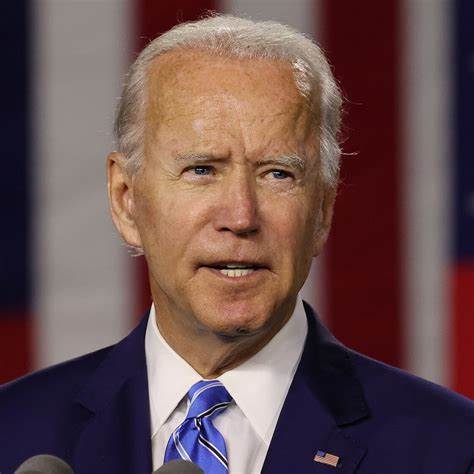 President Biden endorsed sweeping changes to the Supreme Court on Monday, calling for 18-year term limits for the justices and a binding, enforceable ethics code for the high court.
President Biden endorsed sweeping changes to the Supreme Court on Monday, calling for 18-year term limits for the justices and a binding, enforceable ethics code for the high court.
He is also pushing for a constitutional amendment that would prohibit blanket immunity for presidents, a rebuke of the Supreme Court after it ruled this month that former president Donald Trump is immune from prosecution for official acts.
For Biden, who has long resisted calls to reform the Supreme Court, the announcement Monday marked a major shift in his posture toward one of America’s three branches of government. Since Biden assumed the presidency, the Supreme Court has veered sharply to the right — overturning Roe v. Wade, ending affirmative action in college admissions, weakening federal agencies’ power by overturning a 40-year decision and striking down Biden’s student-loan forgiveness program.
The president will officially announce his support for the changes during a speech commemorating the 60th anniversary of the Civil Rights Act at the LBJ Presidential Library in Austin. The Post previously reported that Biden was set to call for these three changes.
The calls, however, are largely aspirational at this stage given the long odds they face in implementation. Term limits and an ethics code are subject to congressional approval, and the Republican-controlled House is unlikely to support either. Both proposals also require 60 votes to pass the Senate, and Democrats only hold 51 seats in the upper chamber. Passing a constitutional amendment requires clearing even more hurdles, including two-thirds support of both chambers, or via a convention of two-thirds of the states, and then approval by three-fourths of state legislatures.
Biden’s proposed amendment, which the president is calling the “No One Is Above the Law Amendment,” states that the “Constitution does not confer any immunity from federal criminal indictment, trial, conviction, or sentencing by virtue of previously serving as president.” In his op-ed explaining his decision, Biden wrote: “This nation was founded on a simple yet profound principle: No one is above the law. Not the president of the United States. Not a justice on the Supreme Court of the United States. No one.”
The Supreme Court immunity decision, which came along ideological lines, made it extremely unlikely that Trump would go to trial on charges of trying to subvert the 2020 election before voters cast ballots in this year’s presidential contest.
Less than an hour after that decision, Biden called Laurence Tribe, a constitutional law professor at Harvard Law School, to discuss the ruling and the arguments for and against remaking the court. The next week, Biden called Tribe again, and the two discussed a Guardian opinion piece Tribe wrote endorsing reforms to the Supreme Court. Among the options they discussed: term limits, an enforceable ethics code and the constitutional amendment to address presidential immunity.
Tribe confirmed that he spoke with Biden but declined to comment on their discussion. Biden’s call for an enforceable ethics code follows a year of scandals at the Supreme Court, largely centered on Justice Clarence Thomas and his decision not to disclose gifts of luxury travel from a billionaire benefactor, real estate sales and other financial transactions. Justice Samuel A. Alito Jr. has also come under criticism for what he said was his wife’s display of politically provocative flags outside the couple’s homes.
Biden wrote that the ethics codes should require justices to “disclose gifts, refrain from public political activity, and recuse themselves from cases in which they or their spouses have financial or other conflicts of interest.” The justices have long followed federal law requiring them and other officials to file annual financial disclosures of gifts, investments and outside income, although Thomas and others have questioned whether certain gifts and expenditures must be reported. Last fall, in response to criticism from Democratic lawmakers and outside experts about perceived ethics violations, Chief Justice John G. Roberts Jr. announced that the court had agreed to abide by an ethics code specific to the justices. But the new policy did not include any outside oversight of the justices’ individual decisions about whether to recuse from certain cases because of perceived or potential conflicts of interest. Nor did it provide a way to examine alleged misconduct — or to clear or sanction justices who might violate the rules.
Click to continue reading, 29 Jul 2024